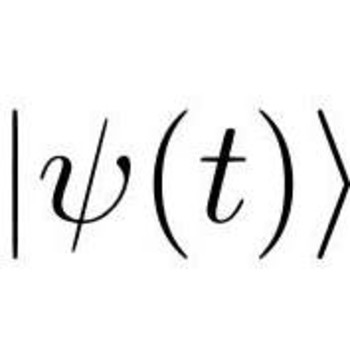A ball with a mass of #12kg# moving at #6 m/s# hits a still ball with a mass of #7 kg#. If the first ball stops moving, how fast is the second ball moving?
2 Answers
The velocity of the second ball after the collision is
Explanation:
We have conservation of momentum
The mass the first ball is
The velocity of the first ball before the collision is
The mass of the second ball is
The velocity of the second ball before the collision is
The velocity of the first ball after the collision is
Therefore,
The velocity of the second ball after the collision is
I get approximately
Explanation:
We use the law of conservation of momentum, which states that
We have:
Plugging in the values into the equation, we get:


